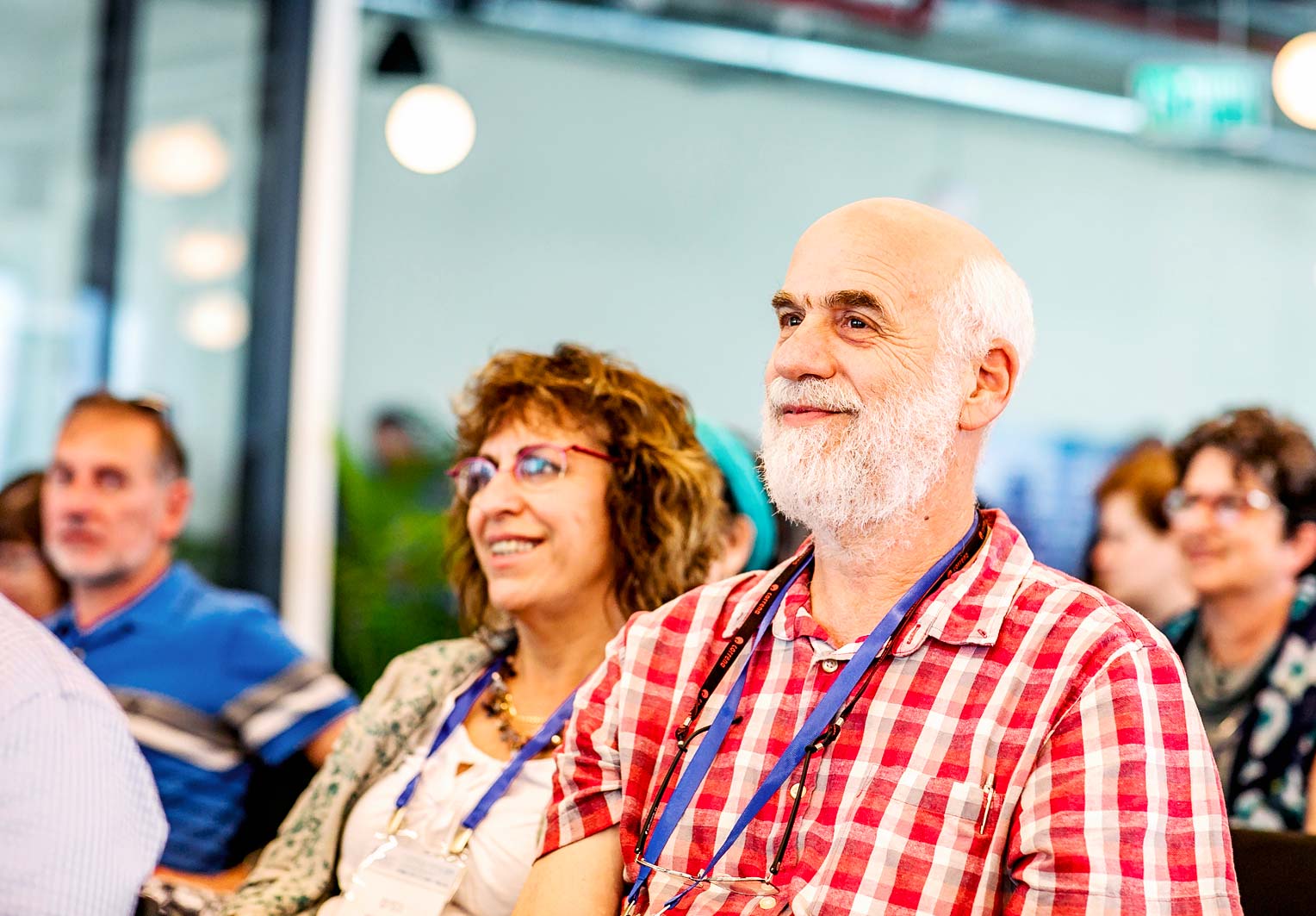“Doesn’t American Judaism have enough problems? I’m worried about my own kids and grandchildren! Why should I care about Judaism in Israel?”
—Joe Jew in NYC
We certainly do have some significant challenges in American Judaism. Big. Structural. In fact, so big – that the thought that we could go at this alone is preposterous.
Permit an analogy from economics. The thought that the American economy could be strong and creative while the world economy craters is simply untenable. Global markets are too interconnected.
Even the State sanctioned version of Judaism suffers because it is falsely propped-up by a coercive power and not by willful acceptance. The lack of a diverse field of Jewish possibilities retards all expressions of Judaism.
Simply said, if one is passionate about Judaism and if one also cares about the Jewishness of the State of Israel then one must care about the state of Judaism in the State of Israel.
More Than A Jewish Disneyland
There is value in not always seeing your own reflection in the pond. Exposure to ideas that are fundamentally different and challenging is often a growth-full experience.
But at some point, if one looks at Israeli society, even with an appreciation of the immense differences in our two cultures, and is unable to see fundamental commitments to core American values like free religious expression, democracy and choice, then this will significantly inhibit closeness and emotional investment.
On some level, American Jews need to see ourselves – some of our values and our diversity – represented in Israeli communities.
Israel need to serve as a living laboratory for new and inspiring ways of being Jewish.
If not, then for the hundreds of thousands of Birthright young people who are introduced to Israel for the building of their Jewish identity, Israel will exist as a Jewish Disneyland. A place to visit and vacation but one with limited existential impact on their Jewish selves.
So too with Judaism. American Judaism cannot be decoupled from Israeli Judaism.
The health and vitality of American Judaism is inextricably intertwined with Israeli Judaism. And Israeli Judaism can’t go at it alone either. There is much work to be done on both sides of the ocean and each community critically needs the other.
But within these challenges are unique opportunities.
For the first time, Israeli and American Jewish communities are focused on this same existential question: why should we live as Jews?
And this great joint Jewish project transcends politics.
Can we formulate and teach a counter-cultural Judaism that inspires and enriches our lives as human beings? Can we harness the transformative gifts of the Jewish tradition in order to create communities that allow for deep human connection and thriving?
These are big challenges. In order to succeed, both in Petach Tikvah and Pittsburg, we need to do this work together.
Safeguarding A Jewish State Through Free Markets
So many of us – for decades – have been preoccupied with the physical security of the State of Israel. And these concerns were justified and appropriate.
Today, Israel’s physical security has never been stronger.
The great existential threat to the Jewish State is the threat to the State’s Jewishness.
In some ways this may sound extraordinary.
How might it be possible that the Jewishness of the State of Israel is existentially threatened?
The State has authorized and empowered a particular version of Judaism. It happens that the version of Judaism that the State has sanctioned and supports with billions of dollars and coercive power represents a narrow iteration of Judaism.
What that means is that other interpretations of Judaism are deprived of support. Without financial support and governmental sanction, without “oxygen” – all other versions of Jewish communities cannot thrive. There is not a free-market for Jewish expression in the State of Israel today.
Too many Israeli Jews simply do not know of the possibilities and diverse opportunities for Jewish living.
All that they see is a narrow path for being Jewish.
If a small minority with a narrow expression of Judaism tells the majority of Israeli citizens that *this* is Judaism – and the majority finds *this* to be uninspiring, in tension with their values, and unable to serve as a conversation partner for meaning making – then the majority will reject the entire project of Judaism!!
In a perverse way, a State controlled and sanctioned version of Judaism, threatens the very Jewishness of the State itself.
And as importantly, the present system not only threatens the Jewishness of the State it threatens Judaism itself.
How so?
Never in the history of Jewish experience has Judaism been monolithic.
That does not mean that all versions of Judaism were perfectly acceptable to all.
What it does mean is that the entire Jewish project benefited from the robust creativity of lots of different communities.
Often there was cross pollination. Sometimes interesting religious ideas in one community developed in opposition to ideas that were expressed in other communities.
Judaism – as a living organism – thrives in a free and open marketplace where the power of an idea determines whether a community would adopt its practice or discard it.
It was within this robust give and take of religious and cultural idea creation that some of the most powerful Jewish ideas were generated.
The lack of investment in expressions of Judaism and Jewish communities outside a narrow version negatively impacts the entire market of Jewish expression.
